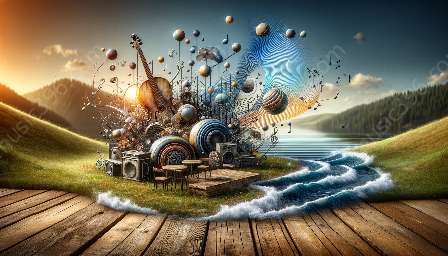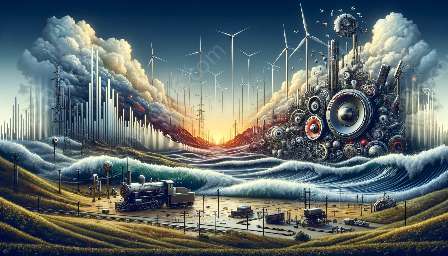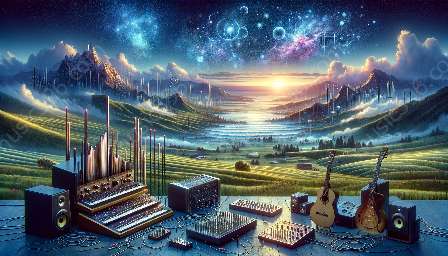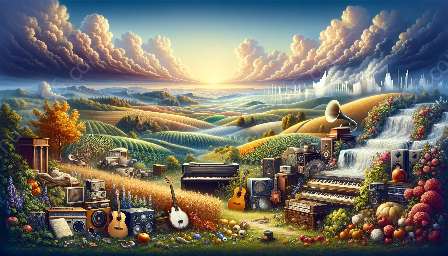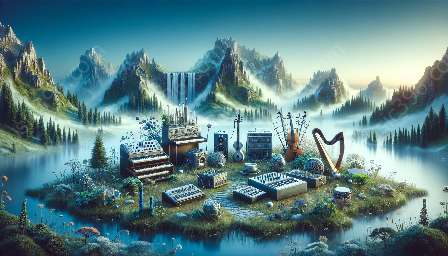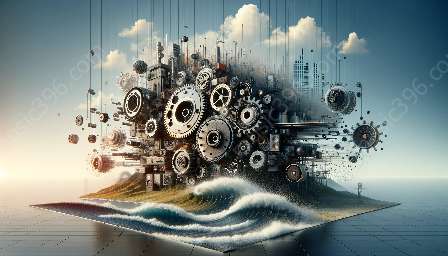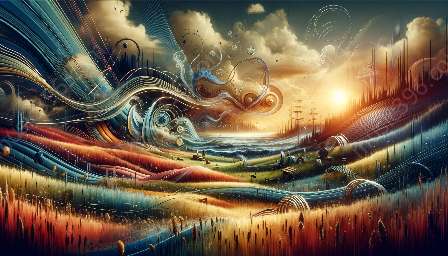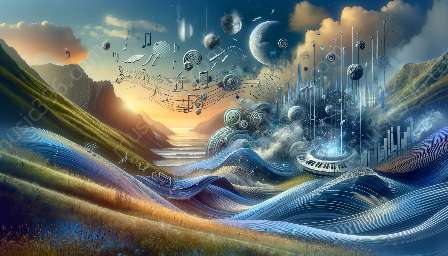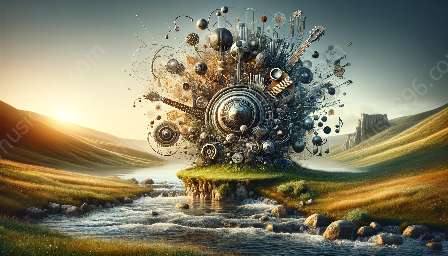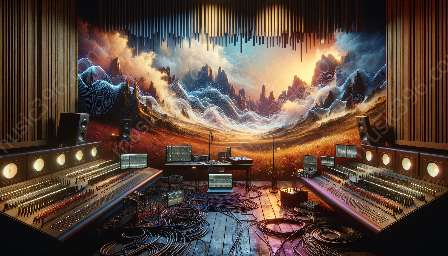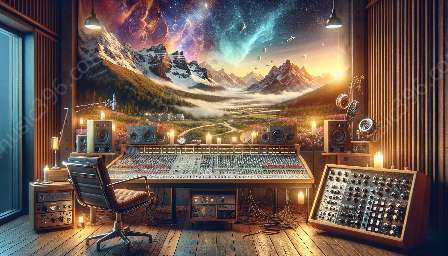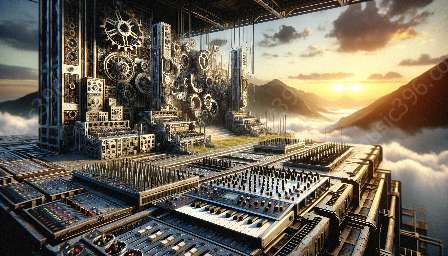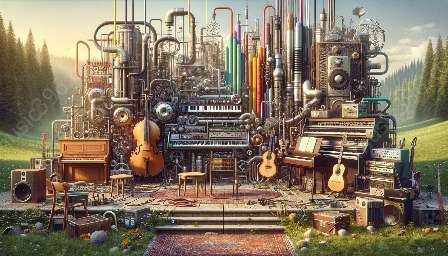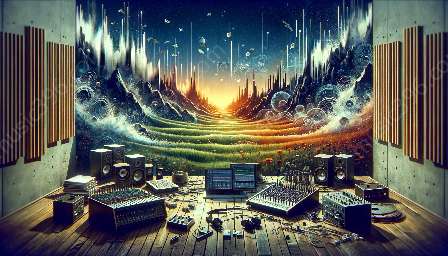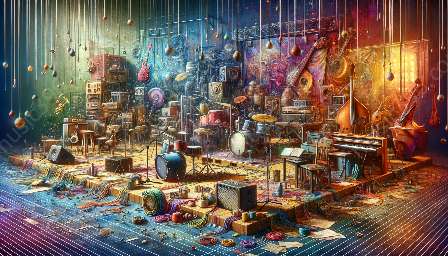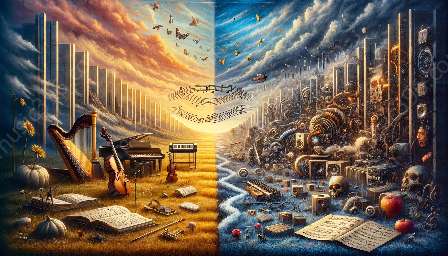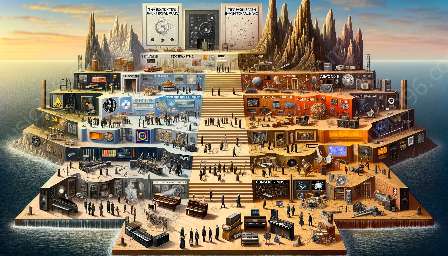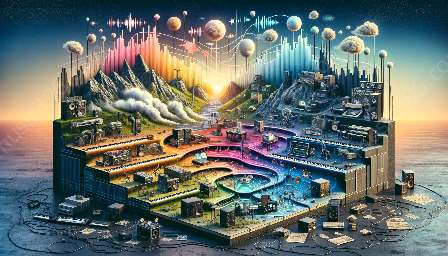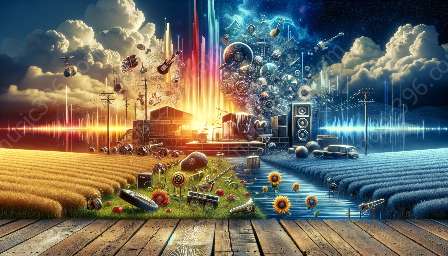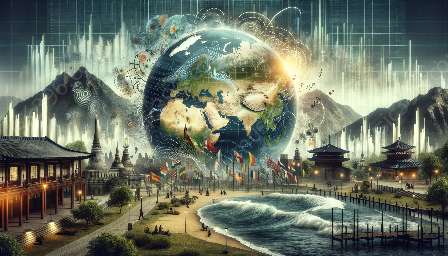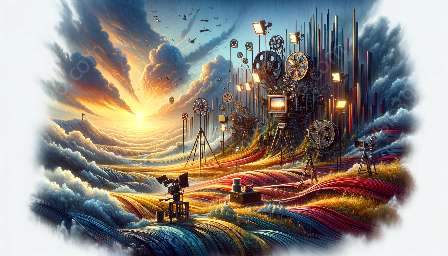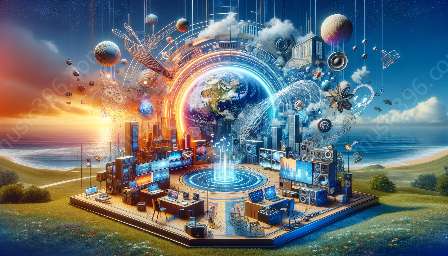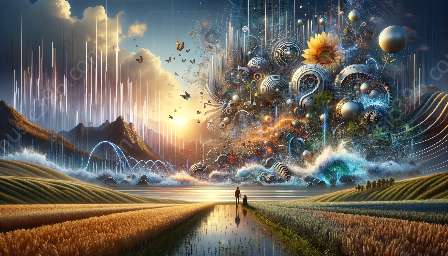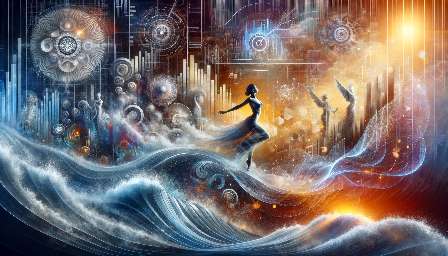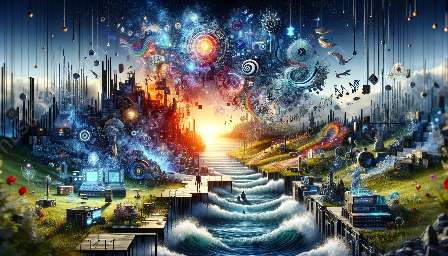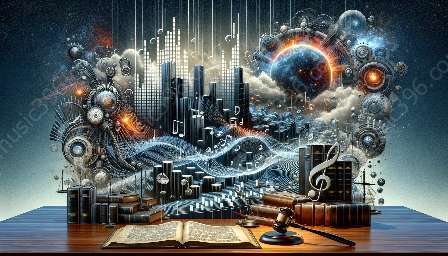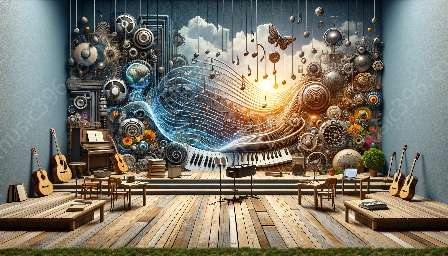Avant-garde techniques in experimental music composition have been at the forefront of pushing artistic boundaries, breaking traditional norms, and creating innovative sonic experiences. In this topic cluster, we will explore the unique approaches used in experimental music composition, the influential artists who have shaped the genre, and their impact on the experimental and industrial music scene.
Influential Experimental Music Artists
1. John Cage
John Cage is widely regarded as one of the most influential figures in experimental music. He pioneered the use of chance operations and unconventional instruments, pushing the boundaries of composition and performance.
2. Laurie Anderson
Laurie Anderson's innovative use of technology and multimedia in her compositions has been groundbreaking in the experimental music scene. Her use of spoken word, electronic manipulation, and performance art has influenced generations of experimental musicians.
3. Karlheinz Stockhausen
Karlheinz Stockhausen's avant-garde compositions explored electronic music, aleatory techniques, and spatial music, pushing the boundaries of traditional music forms and structures.
Avant-Garde Techniques in Experimental Music Composition
1. Aleatory Composition
Aleatory composition, also known as chance music, involves introducing elements of chance and randomness into the composition process. This technique allows for the creation of unpredictable and non-deterministic musical outcomes, challenging the conventional notions of musical composition.
2. Extended Instrument Techniques
Experimental composers often explore unconventional playing techniques and sound manipulation of traditional instruments, creating innovative sonic textures and timbres that go beyond the conventional use of instruments.
3. Electronic Manipulation
The use of electronic manipulation, including tape manipulation, synthesis, and computer-generated sound, has been a cornerstone of experimental music composition. It allows for the creation of otherworldly and unconventional sounds that redefine the sonic landscape.
4. Noise Music
Noise music challenges traditional notions of harmony and melody, focusing on the exploration of raw and abrasive sounds. It often involves the use of non-musical objects, unconventional instruments, and feedback to create intense sonic experiences.
Impact on Experimental & Industrial Music
The avant-garde techniques in experimental music composition have significantly influenced the development of the experimental and industrial music genres. The innovative approaches to sound creation, composition, and performance have opened up new sonic possibilities and reshaped the musical landscape. Artists within the experimental and industrial music scene continue to draw inspiration from avant-garde techniques, pushing artistic boundaries and creating boundary-defying music.

